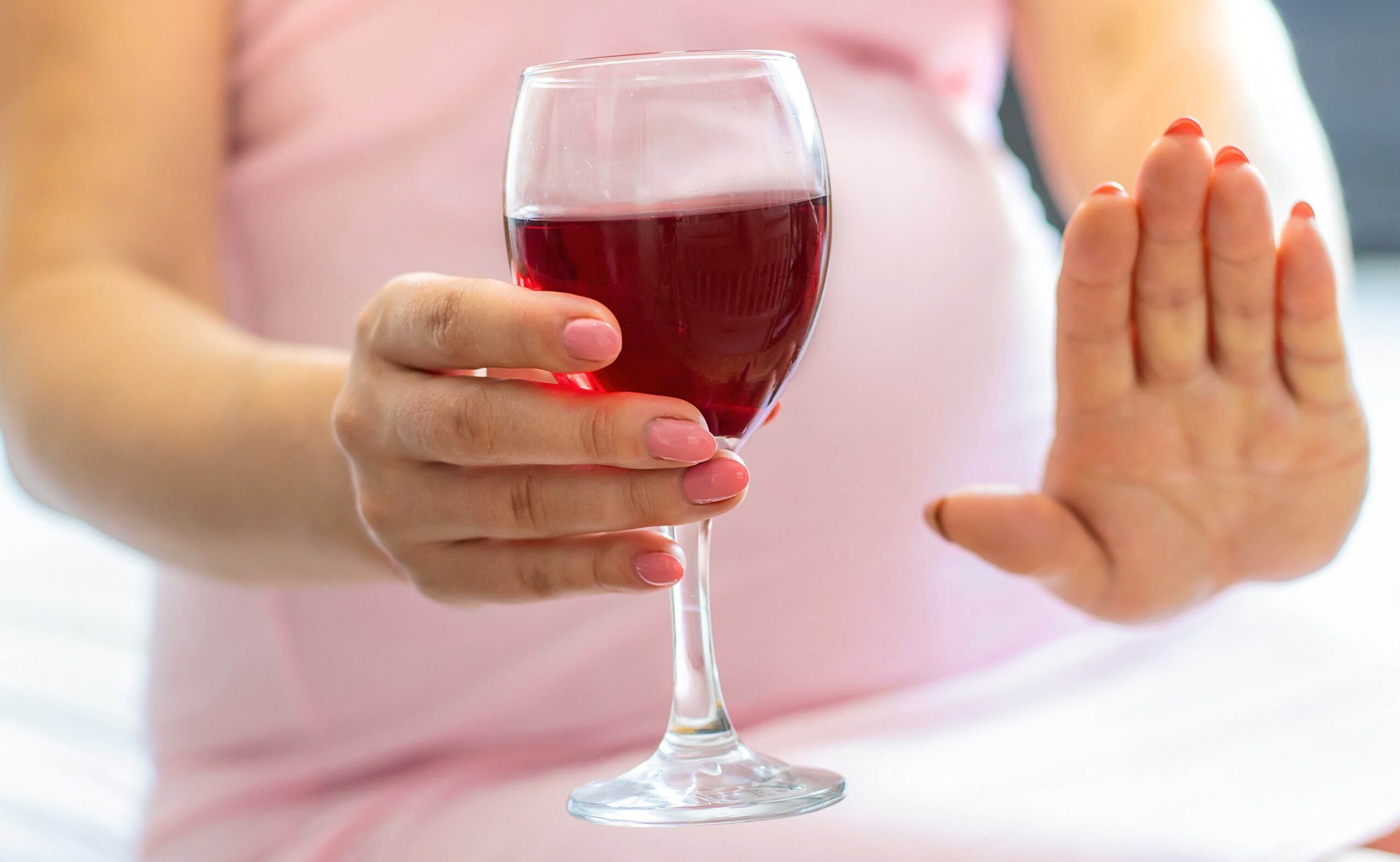As a cardiologist and co-founder of thePause™, I believe it’s crucial to address the connection between alcohol consumption and breast health, especially as we navigate the changes that come with menopause. This topic is close to my heart because I want every woman to have the knowledge and tools to make informed decisions about their health.
Alcohol and Breast Cancer Risk: The Clear Connection
The relationship between alcohol consumption and an increased risk of breast cancer is well-documented. This is not new information, but it’s one that I feel needs to be highlighted, particularly during menopause when our bodies undergo significant hormonal shifts. The evidence is clear: alcohol consumption, even in small amounts, can contribute to the development of breast cancer.
How Does Alcohol Increase Breast Cancer Risk?
Let’s break down how alcohol impacts breast health:
- DNA Damage: Alcohol can directly damage our DNA, leading to mutations that may result in cancer. This is a significant concern, especially when even moderate alcohol consumption is involved.
- Increased Susceptibility to Carcinogens: Alcohol makes our cells more vulnerable to carcinogens—substances known to cause cancer. This increased susceptibility means that our bodies are less equipped to fight off these harmful agents.
- Impaired Nutrient Absorption: Alcohol interferes with the body’s ability to absorb essential nutrients. Nutrient deficiencies can weaken our overall health and immune system, making it harder to protect against cancer.
- Elevated Estrogen Levels: For women, particularly those with estrogen receptor-positive (ER+) breast cancer, alcohol can raise estrogen levels, which may fuel the growth of cancer cells. This is a crucial consideration for women in menopause, a time when hormonal balance is already delicate.
The Role of Weight Gain
In addition to these direct effects, alcohol, especially sugary or high-calorie drinks, contributes to weight gain. An increase in adipose tissue (body fat) is another risk factor for breast cancer, as fat cells produce estrogen, which can promote the growth of certain types of breast cancer. The connection between alcohol, weight gain, and cancer risk forms a concerning triangle that we must be aware of.
Guidelines for Alcohol Consumption
Given these risks, it’s vital to understand the current recommendations regarding alcohol intake. In Canada, the guidelines have been revised to suggest that women limit their alcohol consumption to no more than two drinks per week. This significant reduction reflects growing awareness of alcohol’s impact on health, particularly breast health.
Taking Control of Your Health
Navigating menopause is about more than just managing symptoms; it’s about taking proactive steps to protect your long-term health. Understanding the risks associated with alcohol is a critical part of this journey. By making informed choices about alcohol consumption, you can reduce your risk of breast cancer and support your overall well-being.
The link between alcohol and breast cancer is solid and should not be ignored, regardless of how much or how little alcohol you consume. Making small changes, like reducing your alcohol intake, can have a profound impact on your health, particularly during menopause.
Take this time to prioritize your health, make informed decisions, and embrace the next chapter of your life with confidence and clarity.
~ Dr. Mia Chorney
thePause Co-Founder and CPO

